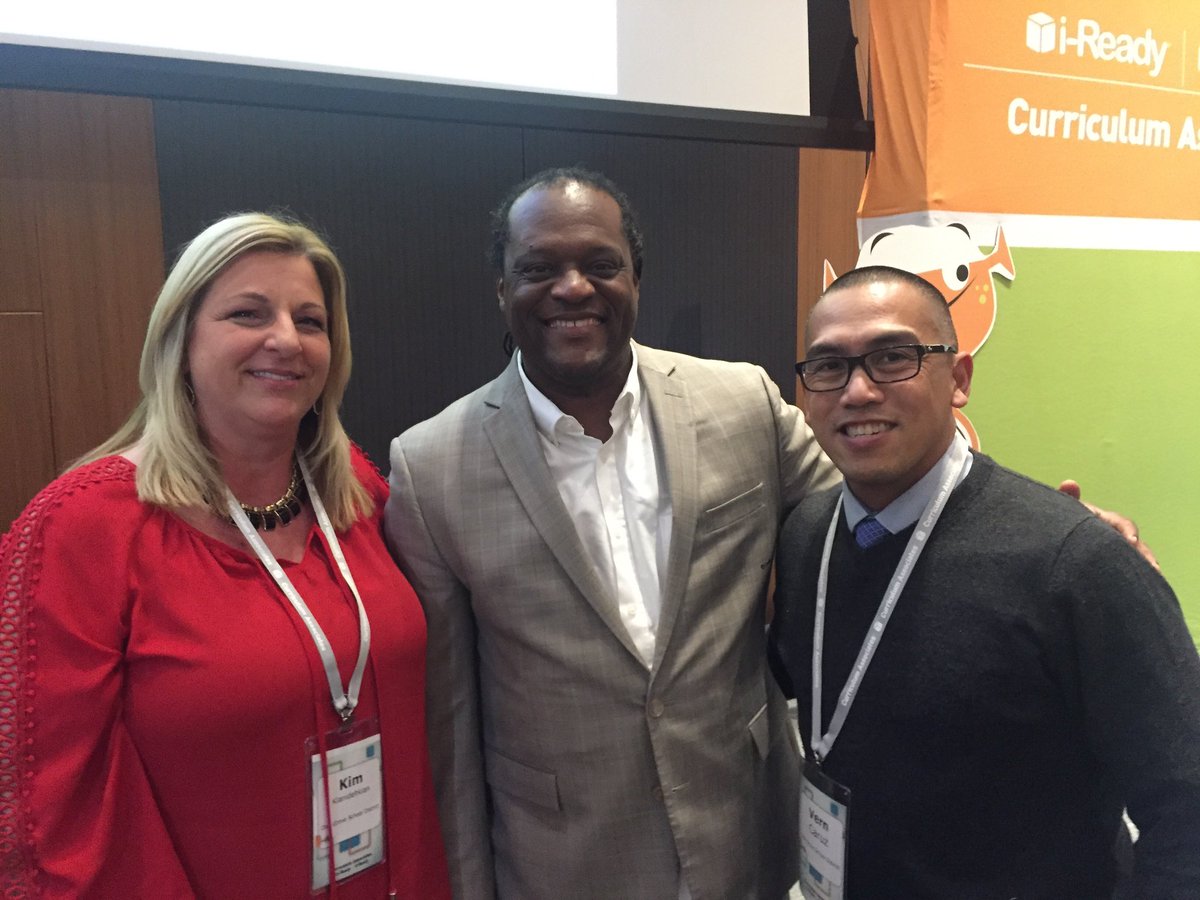From the Philippines to the Principal’s Office: One Leader’s Story of Building Community in the U.S.
Being an immigrant in America's education system hits different.
You're constantly balancing who you are versus who others expect you to be.
Dr. Vern Caruz knows this struggle intimately—and now he's using those experiences to transform how we think about school leadership.
Dr. Caruz isn't your typical middle school principal. As someone who entered the U.S. school system as an English learner, he now leads the very same school he once attended as a sixth grader. Talk about a full-circle moment.
But his journey isn't just an inspirational immigrant success story. It's a masterclass in authentic leadership and representation that's desperately needed in education today.

When Your Past Becomes Your Purpose
""I remember coming to the United States scared of what I just left behind"
- Dr. Vern Caruz
Dr. Cruz recalls about his arrival at Rancho Milpitas Middle School, where he's now principal.
His early American education experience was dominated by one overwhelming pressure: assimilation.
"Currency is assimilation, especially from those of the same heritage as me but were born here. The currency at the time was who has been here and who was the most American."
- Dr. Vern Caruz
As a new immigrant, Dr. Caruz found himself "bottom of the totem pole" in this social hierarchy. Sound familiar to anyone who's ever felt like an outsider?
Now, decades later, he's using those experiences to connect with his diverse student population:
- 50% Asian (primarily Indian and Chinese descent)
- 10% Filipino (like himself)
- 20% Latino
At his Title I school, these demographics create unique challenges and opportunities that Carus is uniquely positioned to understand.
The Leadership Triad That Actually Works
Most people think of educational leadership as a simple top-down hierarchy. Carus flips this idea on its head.
"I'd like to flip that in that the students should be the top if we're looking at it from a hierarchical model and then everything else needs to funnel, including teacher support, including principal support."- Dr. Vern Caruz |

His leadership philosophy centers on what he calls "the triad" of education:
- Teachers (direct student contact)
- Principals (managing various stakeholders)
- Superintendents (overseeing district vision)
But here's the kicker—instead of the superintendent wielding all the power, Carus believes the students should be at the top, with everyone else in service to them.
Balancing Cultural Identity With Leadership Expectations
The most fascinating tension in Dr. Caruz's leadership journey? Reconciling traditional American leadership expectations with his Filipino cultural values.
He leans heavily on the Filipino concept of "kawa"—shared identity.
"In Tagalog, if you are without kawa, that's the worst human being that you can have."- Dr. Vern Caruz This cultural foundation gives him unique access to understand his students' and parents' perspectives. But there's a trap many leaders from underrepresented backgrounds fall into: |
"It's almost a trap that once you get to this position, you're expected to act and lead a certain way based on a specific standard or model of leadership. And what happens then is that we go to that default and lose our cultural identity."- Dr. Vern Caruz |
The Permission to Be Authentic
Dr. Caruz's most powerful advice for aspiring educational leaders?
"Giving ourselves permission to be authentic is big. Reminding ourselves, our colleagues that look like us, that their authentic self is what is needed in education to change the way education is run in this society."
- Dr. Vern Caruz
This authenticity stands in stark contrast to the pressure many leaders feel to conform to traditional models that don't serve diverse student populations.
By embracing their unique cultural perspectives and experiences, educational leaders can create environments where all students—especially those from marginalized backgrounds—can thrive.
"We need folks that have the life experiences and perspective of those students and families and communities that we are serving."
- Dr. Vern Caruz